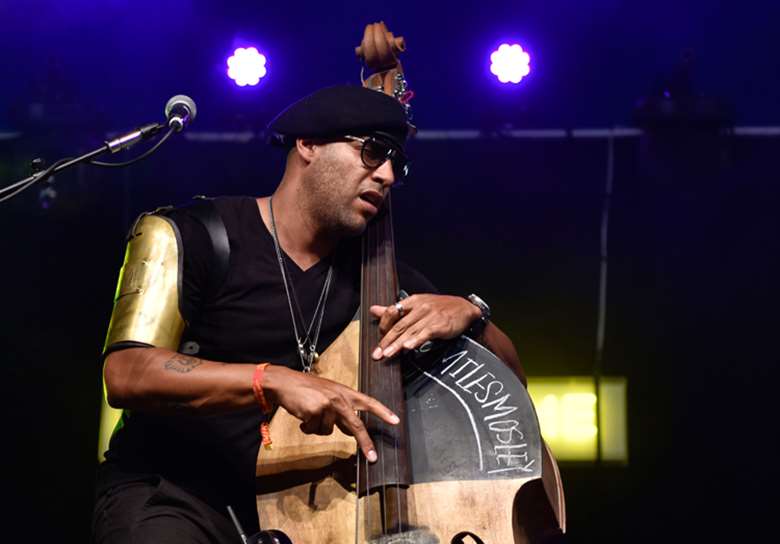New beat-jazz generation gets biggest Love Supreme Jazz Festival moving
Monday, July 3, 2017
"Clearly, this festival is all about love," Gregory Porter says near the end.


Register now to continue reading

Thank you for visiting Jazzwise.co.uk. Sign up for a free account today to enjoy the following benefits:
- Free access to 3 subscriber-only articles per month
- Unlimited access to our news, live reviews and artist pages
- Free email newsletter